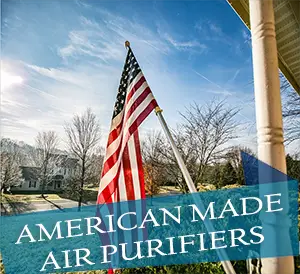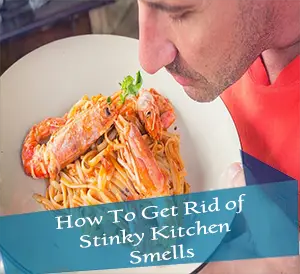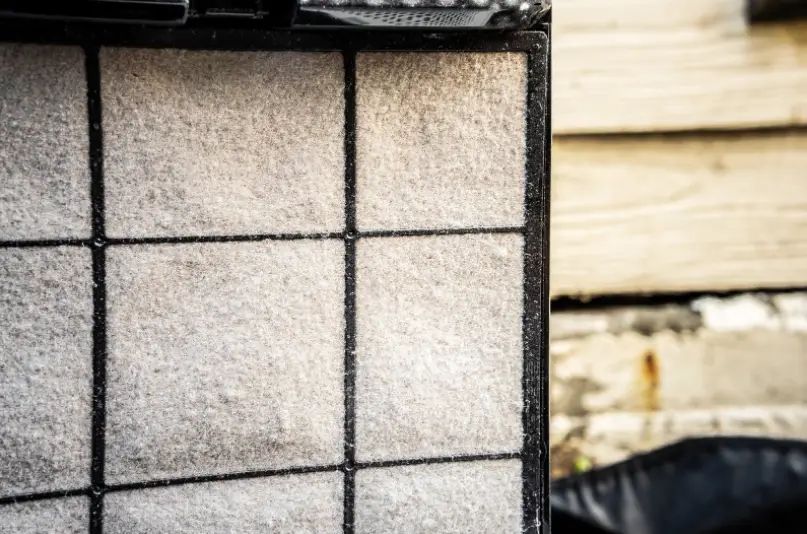
Nearly all air purifiers today have special filters for cleaning dust, but do HEPA filters remove smoke? How will it handle the smell of tobacco (or otherwise, cooking smoke) in your home? To help you understand how HEPA filters work, we wrote this article.
Air purifiers, as most of us know, clean unhealthy indoor air using HEPA filters and more. But what does unhealthy air quality mean? It only means we’ll get sick more if the air is filled with pollutants, such as dust, smoke, and even VOCs from household chemicals.
Tobacco smoke is known to contain many VOCs such as toluene and benzene, which will negatively affect anyone’s health. That’s why eliminating smoke particles and smell from the air will benefit us in the long run, as the accumulation of these in our lungs will result in troublesome health issues later on.
How do you remove smoke from the air?
Whether it’s tobacco smoke or from burning charcoal, smoke is hazardous to our health when inhaled frequently and in large amounts. Here’s how you can remove smoke from the air:
1. Use activated charcoal
Activated charcoal is a special type of charcoal (that can be bought in powder form as well) that absorbs most odors. It’s not just for smoke – it will also absorb VOCs, mold, and the like.
Fortunately, if you look at our air purifier buyer’s guide, you’ll find many units having activated charcoal/carbon in their lineup of filters. This is why many of these units have a 3-stage filter to thoroughly clean the air from pollutants – especially smoke.
2. Ventilate your room properly
Open your doors and windows once in a while so that the air will circulate. Keeping your room closed all the time will only trap the smoke and make it difficult for your air cleaning device, such as an air purifier, to purify your surroundings.
With that said, don’t open your doors and windows too much, especially if the AQI (air quality index) in your locality is reported to be poor. The idea is to only help the air circulate but not make your home a haven for pollution particles to settle in from the outside world.
3. Try household products
You can also minimize the smoke smell by using vinegar and baking soda to clean up your surfaces, such as walls and furniture. They’re usually a better alternative to Febreeze if you don’t want to use artificial household chemicals.
4. Limit smoking activity indoors
While this is common sense, smoking outdoors is still the best way to keep the smoke smell out of your house or room. If you have guests who smoke, politely tell them to smoke outside (especially f you have a backyard).
If the smoke comes from the kitchen when you cook, we advise outdoor cooking or in a well-ventilated area. Or, you can also install proper ventilation in the kitchen.
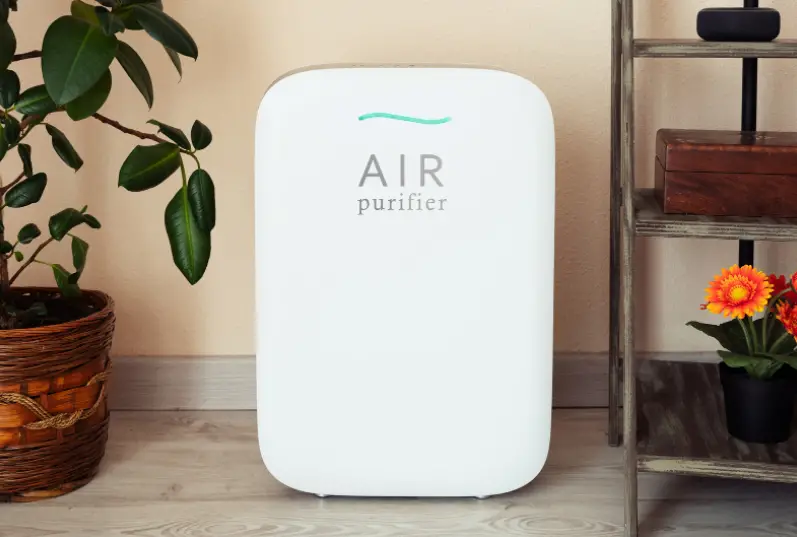
Do HEPA filters help with smoke?
Yes, HEPA air purifiers are effective against smoke, but you have to consider the following first before you buy:
- Fan speeds: faster fan speeds in the air purifier will help move smoke faster so that the smell won’t linger in your breathing space for too long. Some air purifiers have a “turbo mode”, which is effective for the wildfire season.
- True HEPA and H13 HEPA: higher-grade HEPA filters have a better chance of capturing smoke particles, resulting in cleaning the air. When in doubt, you should consider such filters when buying an air purifier.
- High CADR: a much higher CADR (clean air delivery rate) means that the air purifier filter can clean much more space in a given time. An average air purifier will have around 300 to 500 CADR depending on the model, but we advise at least 400 CADR or more for smoke.
- Included activated carbon/charcoal filter: as mentioned above, activated charcoal filters are effective for bad smells – smoke included. If your air purifier has this type of filter then it will be effective against smoke and similar particles and/or bad odor in the house. Make sure to check your user’s manual on how often to clean/replace the said filter to make it effective.

Do HEPA filters remove vapors?
If you ask “do air purifiers remove VOCs or vapor from the air?” then the answer is yes – but only if it has a HEPA filter without an activated carbon filter, the direct answer is no because HEPA filters are only meant for particles and not necessarily gases or vapor.
This means that if you want an air purifier to remove vapors, such as toxic gases and household chemical smells from the air, you’ll need a unit with both a HEPA filter and an activated carbon/charcoal filter. Such a filter will also be more efficient for smoke as the HEPA filter will take out the smoke particles while the activated charcoal filter will work against the smoke VOCs/smells.
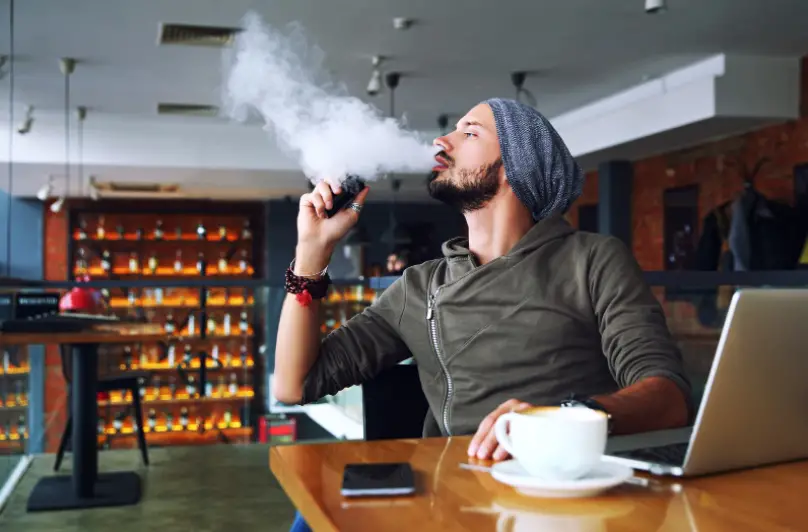
What kills the smell of smoke?
Air purifiers, with the right kind of filter, are great for killing the smell of smoke. But how does an air purifier help with smell?
It’s all in the kind of filter that you have. A HEPA filter, when combined with an activated carbon/charcoal filter, will eliminate smoke smells and particles, as well as the VOCs that will harm human health.
Aside from that, thoroughly eliminating the source of the smoke smell will help your air purifier not work extensively. For instance, limit tobacco smoking indoors and consider cooking smelly foods outside. During wildfire season, make sure to close the windows when needed and listen to announcements to avoid getting smoke inside your home.
Combined with regular cleaning of your home surfaces (wall and stairs), furniture, drapery, beddings, and the like, having an air purifier around will help in thoroughly removing the smell of smoke in your home.
Conclusion
To wrap it up, HEPA air filters do remove smoke when it comes to small particles. However, if you want a thorough removal of smoke from the air, which includes its VOCs that are harmful to your health, you’ll want to have an air purifier with an activated charcoal filter as well, which will also purify your home against toxic chemicals.

